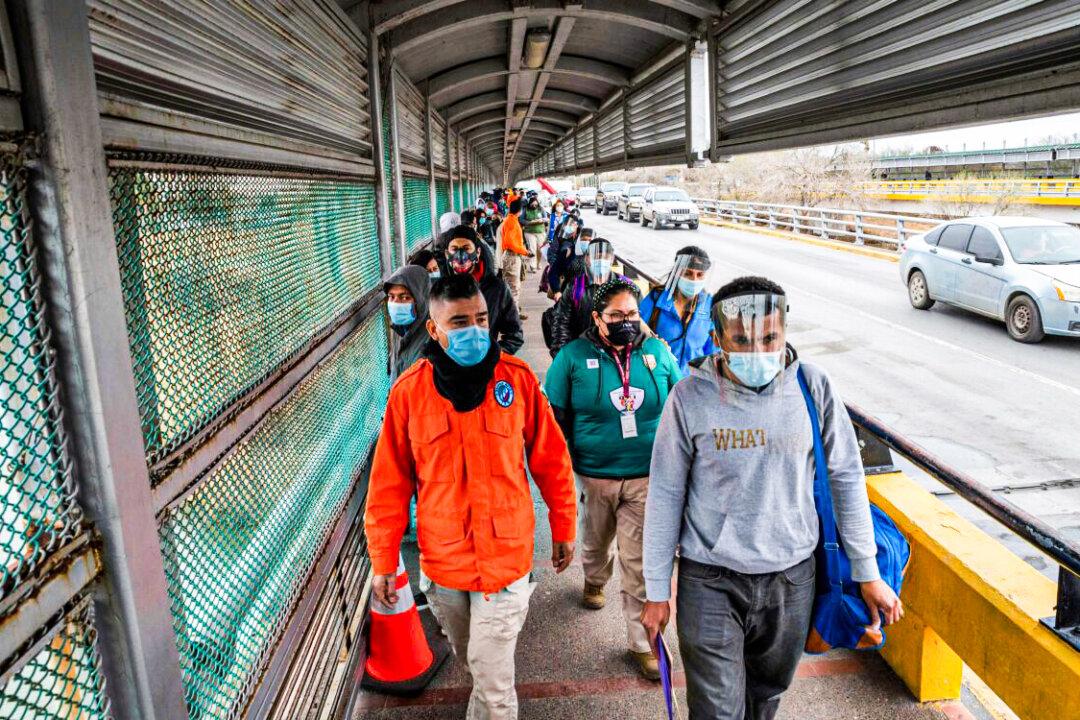Among the thousands of illegal aliens crossing the United States border this year, the number of Ecuadorians detained or deported by U.S. border security reached 97,074 in September.
That’s more than seven times the number of illegal border-crossers from Ecuador encountered by U.S. border officials by this time in 2020.





